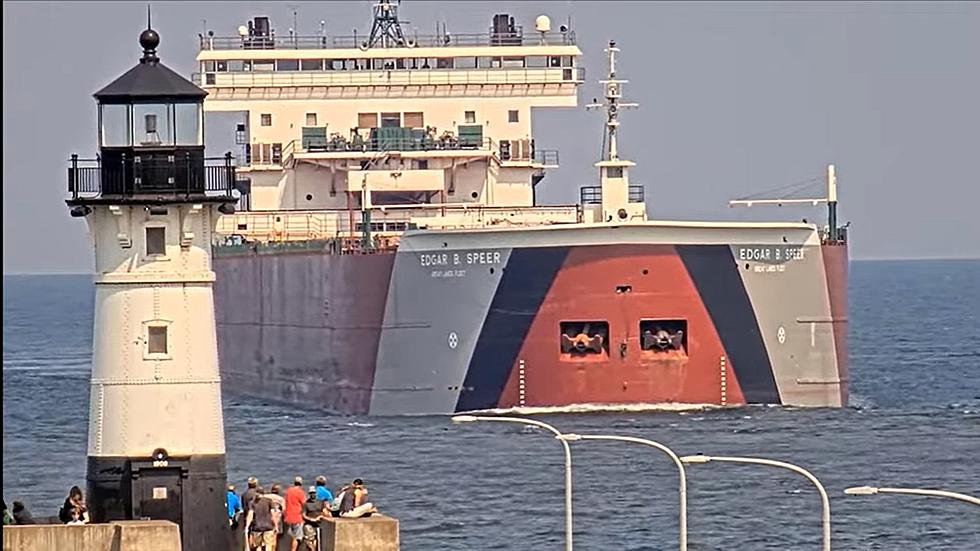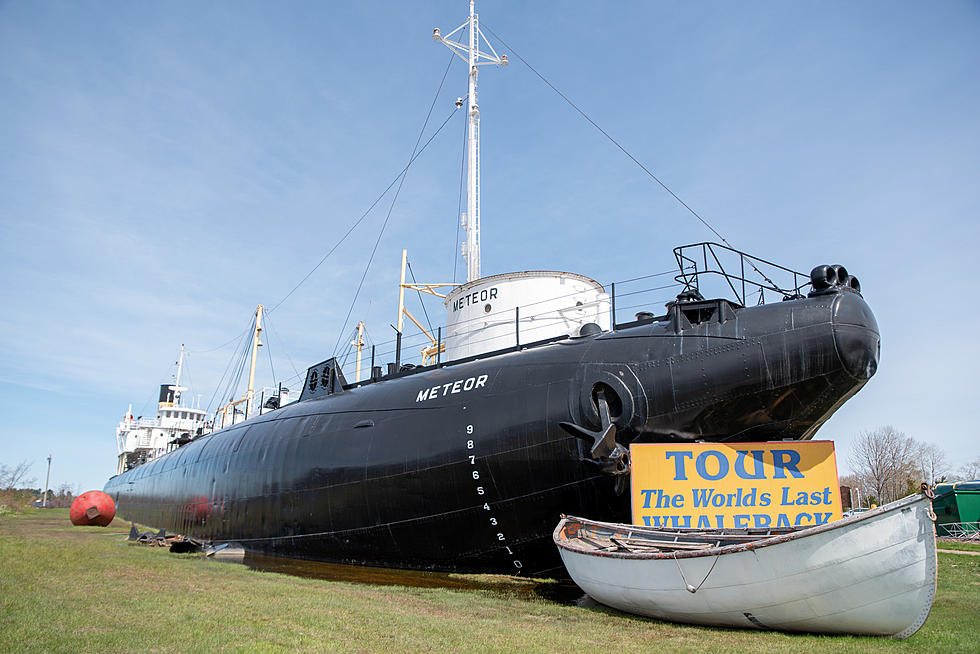
See How an Electrified Stretch of Water Keeps Carp out of The Great Lakes
Keeping Asian carp out of the Great Lakes is such a priority that the US Government actually electrifies a stretch of water to stop the invasive species from entering.
According to the US Army Corps of Engineers, "The Chicago Area Waterway System (CAWS) is the only continuous connection between the Great Lakes and Mississippi River basins and poses the greatest potential risk for the transfer of aquatic nuisance species." This is why an area near Romeoville, Illinois has become ground zero in the war against Bighead carp and Silver carp.
Popular YouTube creator Tom Scott visited the electric barriers and what he found was quite fascinating and scary, if the carp reach the lake and start breeding it will have huge consequences for the Great Lake's $7 billion fishing industry and a $16 billion recreational boating industry, so this is why they've come up with this unique system to help stop them.

The first barrier was built in 2002 and has continually been upgraded and improved, the newest barrier will be completed and operational in 2023. The US Army Corps of Engineers says that "Each barrier built takes lessons learned from the previous ones to ensure the most effective deterrence tool possible."
The video goes into more of the technical details on how the system works, so I won't bore you with that, but know this, the water is dangerous to humans, so much so that the Coast Guard has special restrictions and rules in place for using this stretch of water. For instance, no jet skis, canoes, kayaks, basically no personal watercraft, and any barges that go through must have all crew remain indoors so there is no risk of anyone falling into the water, which would likely be deadly.
Asian carp were imported during the 1960s and used in fish farms and sewage lagoons to eat the algae, but of course, due to flooding and other reasons, the carp made it into the Mississippi River and have been migrating north. The problem with the carp is they compete and often win the food battle with native fish and like what's happened in the Illinois River, they quickly become the primary fish species.
The Wisconsin Department of Natural Resources says that "They are well suited to the water temperature, food supply, and lack of predators of the Great Lakes and could quickly become the dominant species. Once in the lake, it would be very difficult to control them." Wisconsin has banned the sale, transport, possession, and introduction of bighead, black, grass, and silver carp.
Minnesota Corn Maze Features Halloween's Most Notorious Villains for 2022
Breathtaking Grand Marais Property Surrounded By Nature Listed at $2.5 Million
See The Changes Already Happening at the Duluth Target Store
More From KOOL 101.7









